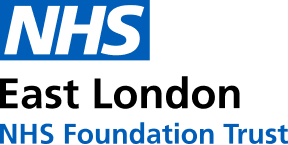A New Code of Practice
The Special Educational Needs and Disability (SEND) Code of Practice was introduced in 2015 with the aim of Education, Health and Care Plans (EHCPs) replacing the Statement of special educational needs (DfE, 2015). The key changes that the new Code of Practice brought were:
- Increasing the age from 19 to 25 years
- Reducing the maximum time for completion of the assessment process to 20 weeks
- Requiring collaboration between education, health and social services
- Requiring the involvement of children, young people and their families
- Requiring the views and aspirations of children, young people and their families
- Requiring the identification and recording of outcomes for children and young people
The title of the EHCP reinforces the importance of the collaboration that should happen between education, health care services and social care services.
Research
There have been many small research studies done around the topic, which have aimed to understand the strengths and limitations of EHCPs from the perspectives of parents/carers, children and young people, health professionals and SENCOs.
The following recommendations have been pulled together from a range of research studies conducted in the UK about the EHCP processes. The points below demonstrate what we are doing at SCYPS Occupational Therapy to follow these recommendations:
Recommendations
1. All schools and professionals should be equally clear about assessment and funding processes
2. Outcomes and provision within EHCPs should be detailed and specific
3. There should be clear descriptions of the child or young person’s strengths and needs
4. Emphasise the voice of the child or young person and focus on participation
-
We prioritise asking the views and aspirations of the child or young person, whether they are able to communicate verbally or not, and write these in our reports. We emphasise the importance of focusing occupational therapy outcomes on what is important to the child or young person.
5. Post–16 transition plans should consider more than just the next 12 months






